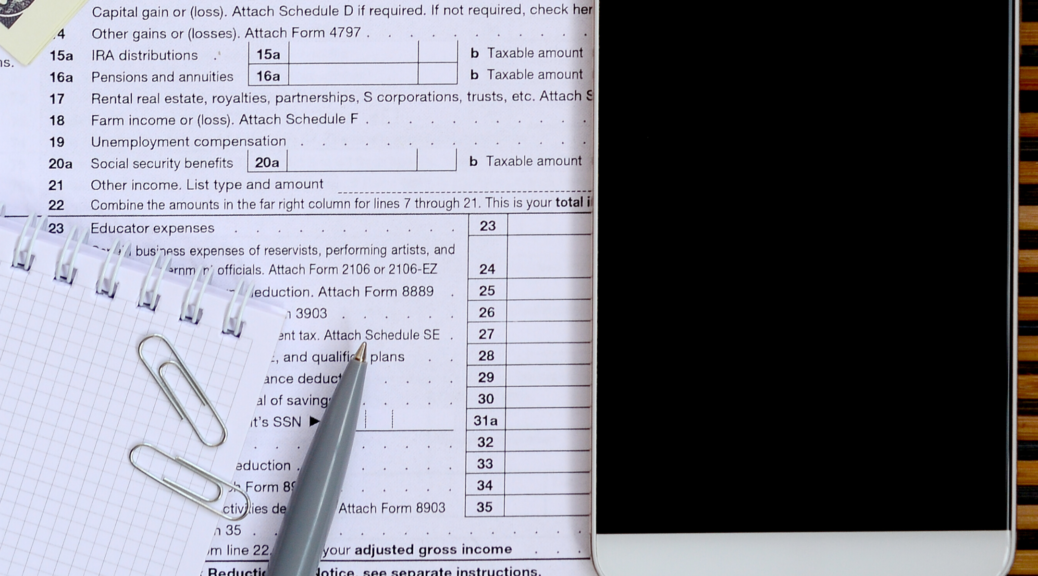As we write this blog, unfortunately, the whole CVOID-19 pandemic is still with us and maybe for a while, though we are hopeful it ends soon.
Here at AK Burton PC, we are working with our clients to create tax plans tailored to their unique situation. Now, during the uncertainty that the pandemic has caused; it is important to answer the questions business clients have now and plan for their future. Here are a few examples of some business tax planning strategies:
- Depreciate idle business equipment (idle asset): The pandemic has caused a lot of business equipment to become idle. The business owner needs to show that they plan to use them again as soon as the business returns to full operations. It is known as the “idle asset” rule. If the equipment is abandoned or disposed of then the rule is no longer in effect.
- Automatic changes in accounting method: A business owner can make accounting changes right up to the due date of the tax return. Such changes may include: changing the treatment of prepaid expenses, accrued compensation, advanced payments received, reviewing the class lives used for depreciation, and reviewing the application of the uniform capitalization rules on inventory.
- Transfer-pricing arrangements: Due to the pandemic, businesses have lost thousands or millions in sales. This has decreased cash flow. So, now customs declarations or adjustments must be revised. Thus, the transfer-pricing for goods may not be relevant due to the three-month (or longer) cessation of business due to the COVID-19 pandemic which did not provide U.S. multinational companies a way to shift tax burdens between jurisdictions. (As we always say, consult with your professional and licensed tax planning consultant.)
- Review business receivables to see if there are any write-offs: A “bad debt deduction” is only allowed for debts that are worthless during the tax year that the deduction is taken. The true worthlessness of the debt and the fact that is was taken during the tax year must be determined.
- Inventory values: Lower-of-cost-or-market (LCM) inventory valuation may bring inventory write-downs before the inventory is sold. (See your accountant about regulations.) All inventory items must be considered separately so correct values can be determined. (A percentage write-down is allowed for accounting.)
- Verify that there is adequate stock and debt basis for S Corps/Partnerships: Coronavirus Aid, Relief, and Economic Security (CARES) Act may result in increased deductions and taxes paid for potential refunds. Relief provisions come from a partnership or S corporation and the partner/shareholder must have an adequate tax basis for any deduction or loss that comes from the entity to benefit in the current year from these favorable provisions. if an additional basis needs to be created by making additional capital contributions or loans before the end of the year.
These are just a few examples that may apply to your 2020 business tax planning strategy. While COVID-19 has made tax planning even more challenging, you and your accountant can still work within the guidelines to maximize the benefit of tax planning for your business.
A.K. Burton, PC, has experienced tax advisors who can help you with your 2020 COVID-19 business tax planning. Call us at (301) 365-1974 for a consultation. Our office is open! We serve the Bethesda, Rockville, and Montgomery County. MD area.
*** For more information on the forms and other IRS documents, click here.

